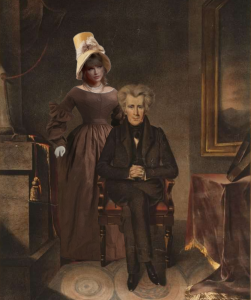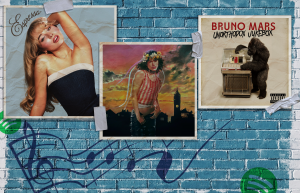
Camaraderie is a quality that I have missed when thinking of entertainment in recent memory.
Movies have incorporated this feature through genres like the road-trip comedy, usually involving friends or other side characters acting exclusively in this role.
What is lacking are the instances of true friendship being displayed on-screen or even in real life.
“Planes, Trains, and Automobiles” with John Candy and Steve Martin is an instance where the story directly reflects upon a comedy’s wacky hijinks. The film looks at what has occurred so far and brings meaning to it through the on-screen chemistry between the two. The film then uses it in a different, but also believable, realization of the friendship previously unknown to the protagonist.
Another example is “Holes,” where the extreme situation that the characters are placed in puts enough pressure and incentive for the characters to get along. There is no drama or romance to the story — at least with the adolescent characters — only the steady movement of the plot tests their bonds.
Perhaps, the lack of deep friendships in media has been a byproduct of the overall lack of bite to the writing that recent media has. Friendships, or relationships in general, have aspects where alienation and drama are created, and solely focusing on such drama is a pitfall that most writers fall into.
Seemingly every on-screen friendship is either without conflict entirely or the two people argue at every turn.
Valid reasoning, of course, is what underpins all writing and sells the believability that a writer’s sole job is trying to accomplish. A believable friendship not being the focus of many pieces of media has been scarce for that reason.
Friendships between men and women seem to only serve as a backdrop for a “will-they-won’t-they” romantic tension. If movies really want to display the equality and diversity they champion, then they should treat every character they include with the same humanity and failings as any other relationship.
Outside of “Shang-Chi and the Legend of the Ten Rings,” when was the last time you saw a man and a woman act as a great comedic duo or one that plays off each other in a convincing fashion?
In real life, a lot of reality and talk shows mention in passing the relationships guests have with the host or with other celebrities. This dynamic contrasts with the internet and how famous figures known through the internet deal with friendships.
A notable strength of the internet is to use up a greater amount of time to display a relationship with the viewer or other personalities they bring on.
Here is where many writers can see the balance they have to strike in creating a great relationship. They have to balance the time spent with the character, the incentives they have and their own personal failings.
A character has to balance what they want with what they gain in sticking with another character or the protagonist. Having a regular guest decide to leave the show to pursue their own interests or a character deciding to sacrifice what they thought they wanted to stick with their friend are some examples. It is where a writer encounters a crossroads and tests their own skill.
New avenues, like podcasts and streaming, are possibly why so many people are flocking towards the internet in order to garner a faux relationship with such personalities and gain an intimate understanding of a person.
Celebrity relationships themselves have led to collaborations that have produced significant work, like George Lucas and Steven Spielberg creating “Indiana Jones” or Dan Aykroyd pitching the idea for “The Blues Brothers” to John Landis.
Even outside of big collaborations like these, podcasts like Will Arnett and Jason Bateman’s “Smartless” have led to interesting insights into how creative endeavors can be sparked through such relationships.
After all, it is one of the core tenets of entertainment to place yourself into the shoes of another, and friendship couldn’t be more inseparable with such an idea.




